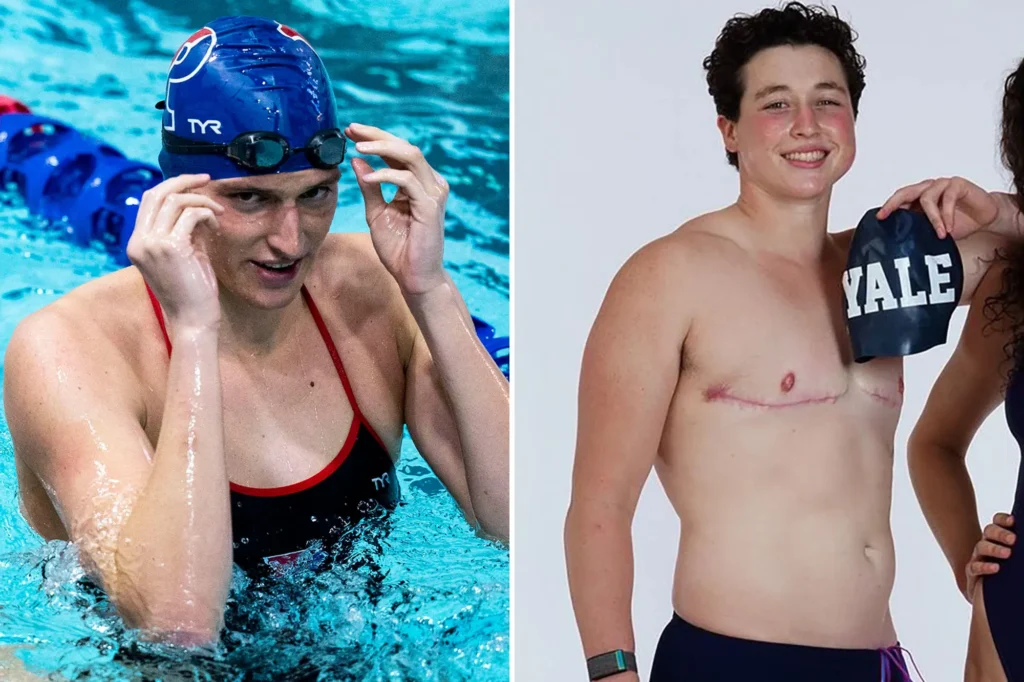
Lia Thomas Opens Up About ‘Grief’ Following Ban from Women’s Swimming Competitions
Transgender swimmer Lia Thomas has spoken publicly for the first time this year about the emotional toll of being banned from competing against cisgender women, describing her reaction as one of “devastation” and “grief.”
Thomas made the remarks during her keynote address at HiTOPS’ annual Trans Youth Forum, held over the weekend. The event, organized by the New Jersey-based nonprofit that supports LGBTQ+ youth, featured an hour-long moderated discussion on March 29, during which Thomas reflected on her personal journey and the broader issue of transgender inclusion in sports.
The 25-year-old athlete discussed her early life in Texas, where she said there was little understanding of what it means to be transgender. She also recounted how her passion for swimming helped her navigate the challenges of transitioning.
“I looked up the NCAA transgender policy during my freshman year and realized it was technically possible to compete, but I didn’t think I could actually do it,” she said. “But my love of swimming kept me going. After I transitioned, I felt more comfortable and finally believed, ‘I can do this. I can do both.’”
Thomas competed for the University of Pennsylvania’s women’s swim team during the 2021–22 season after her transition, garnering widespread media attention for her success at both conference and national levels.
During the forum, she emphasized the importance of transgender representation in athletics and said competition categories should be determined by athletes themselves.
“It has to be the athletes deciding for themselves where they feel most affirmed and most comfortable,” she stated.
Thomas also addressed the 2022 ruling by World Aquatics that barred transgender women who had undergone male puberty from participating in women’s events. She said the decision left her feeling “devastated” and grieving the loss of access to her sport.
“There was no doubt in my mind that I was going to fight this,” she said. “This is my sport too, and I’m not just going to give it up to anti-trans policies.”
Despite mounting backlash, including significant political pressure, Thomas continued swimming, driven by her deep connection to the sport.
On February 4, former President Donald Trump signed an executive order banning transgender athletes from competing in women’s sports. The NCAA later revised its policies to comply with the directive. Days afterward, the U.S. Department of Education encouraged the NCAA to revoke titles won by transgender athletes, including Thomas. In response, the federal government froze over $175 million in funding to the University of Pennsylvania, citing the school’s decision to allow Thomas to compete.
Now retired from competition, Thomas still finds solace in the pool, describing it as a place of healing and self-affirmation.
“It’s a reclamation of my body,” she said. “I’ve gone through such an emotional journey, and swimming now feels like a celebration of how far I’ve come and how much more at home I feel in my own body.”
Thomas concluded by expressing hope that sharing her story can inspire others navigating similar experiences.
“I’m so happy to have opportunities like this where I can share my story and, hopefully, be that inspiration for someone else,” she said.


